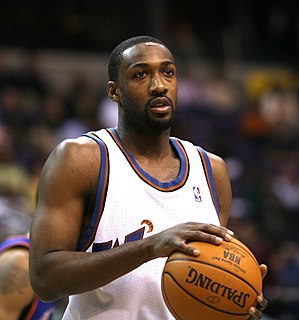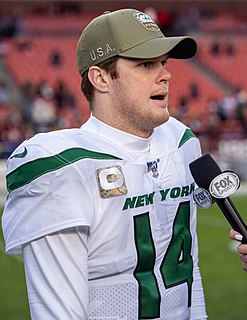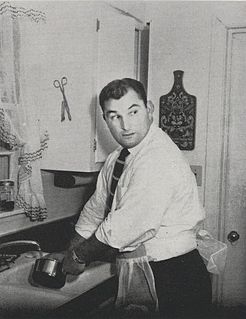A Quote by Mark Cuban
We don't sell wins or losses. The one thing you can't control in sports is which games you are going to win or which games you are going to lose. But what I could control was the experience the fans have.
Related Quotes
Trip Hawkins - and this was the early 1980s - was saying there's going to be a day when everyone has a computer and they're going to want to do more on it, including playing games. So he started up a company, EA Sports, and he was going to have three games, football, basketball and baseball. So I was the football game.
Let me just say you could end this violence within a very short period of time, have a complete ceasefire - which Iran could control, which Russia could control, which Syria could control, and which we and our coalition friends could control - if one man would merely make it known to the world that he doesn't have to be part of the long-term future; he'll help manage Syria out of this mess and then go off into the sunset, as most people do after a period of public life. If he were to do that, then you could stop the violence and quickly move to management.
The thing video games had to learn was to write, which is not to let people choose their own stuff, but actually prescribe it. To say, "This character is not a blank canvas that you can project onto. I'm going to tell you what this character is like. And I'm going to tell you what happens to them. You're going to feel involved in other ways." Video games made the mistake of thinking everything had to be projectable, and this doesn't do that at all.




































